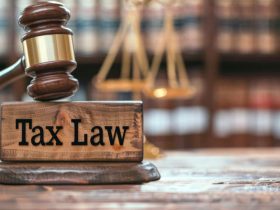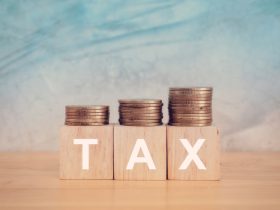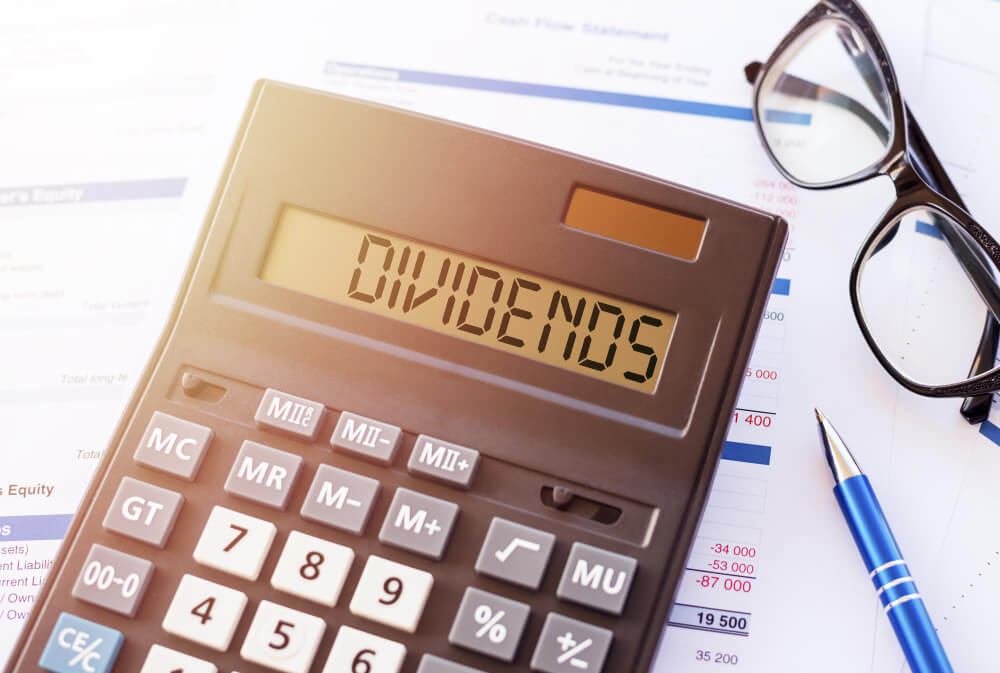VAT on property transactions requires the proper attention of all the parties involved in that transaction. While the standard VAT rate is 20%, some situations incur a 5% reduced rate or 0% zero VAT rate. VAT on residential property UK is often exempted, but that’s not true for all situations.
This guide will help you understand the VAT rates on residential properties in the UK at multiple stages of property ownership, from residential property purchase to conversion, selling, and refurbishment.
Table of Content
VAT on residential property
The VAT rate on the supply of construction services is 20%, but for other types of residential properties like care homes, students’ accommodation, and charitable homes, the VAT is 0%.
Normally, VAT is exempt on residential property purchases.
However, for new residential development, VAT is charged at 0%, meaning developers can claim back the input VAT paid to their suppliers.
For example, you spent £1.2 million, including £200,000 in VAT, on a new residential property development project. You can claim £200,000 in VAT from HMRC on your next tax return.

However, to qualify for zero-rated VAT, your residential property sale must meet these conditions:
- It is the first transfer of ownership or long lease of over 21 years
- The property is used for charitable purposes, residential dwellings, and student accommodation.
Zero-rating allows property developers to recover the input VAT on the purchase of construction supplies. However, homebuyers and sellers have no VAT liability for residential property transactions.
Non-property builders cannot claim back any VAT paid on construction supplies as it isn’t a taxable sale for VAT. This is the major difference between zero-rated supply and exempt supply.
Key takeaways
- Normally, residential property purchases are exempt from VAT.
- A freehold sale or a lease of more than 21 years of residential property qualifies for zero rated for VAT.
- Residential property rent is VAT exempt except for serviced accommodations, charged at a 20% VAT rate.
- VAT for Commercial to residential property conversions is zero-rated if the first major interest of the property is granted.
- VAT on the conversion in the number of dwellings or conversion of a single dwelling into an HMO is charged at a 5% reduced VAT rate.
- VAT is charged at a 5% reduced rate for residential property renovation and alteration.
VAT on residential property rent and serviced accommodations
Landowners don’t need to worry about VAT for residential property lettings. Whether it is a single-let, House in Multiple Occupations (HMO), or Rent-to-Rent residential lettings, they are all exempted from VAT payments.
However, if you own a serviced accommodation like Airbnb, you’re not exempted from VAT. These properties are considered holiday accommodation, a taxable supply charged at a standard VAT rate (20%).
When your business sale for 12 months goes beyond the VAT threshold of £90,000 (from 1st April 2024), you need to register for VAT. Not only does it allow businesses to charge VAT on customers, but it also recovers input VAT paid to their suppliers.
However, if you sell less than the VAT registration threshold, you can opt out of registering for VAT or get voluntarily registered. It will allow you to recover some of your input VAT paid to suppliers; however, your customers might be reluctant to pay your VAT.
Therefore, you must always consult an expert before registering your business VAT in the UK.
VAT on residential property conversion
Conversion of properties is another major area that offers VAT relief to property developers.
- VAT on commercial to residential conversion
Conversion of commercial property to residential qualifies for a 5% reduced VAT rate. However, when your first major interest (freehold or long lease for 21+ years) of the property is granted, you will be liable for a zero VAT rate. It allows developers to claim back the entire VAT amount paid on construction work from HMRC.
For example, if you want to convert a restaurant to a residential building or a factory to a residential flat, HMRC charges you VAT at 0%.
- VAT on residential conversion (change in number of dwellings)
When the conversion applies to a change in the number of dwellings within the residential property, VAT is charged at a 5% reduced rate.
For example, if you want to convert a four-bedroom house into three flats, you are liable for a 5% reduced VAT rate.
- VAT on conversion into house in multiple occupation (hmo)
A 5% reduced VAT rate is charged on the conversion of occupancies. For example, if you are converting a single occupancy to an HMO (House in Multiple Occupations), you will be liable for a reduced VAT rate of 5%. However, to qualify for this reduced VAT rate, developers need to obtain planning consent and building control approvals from their relevant organizations.
VAT on residential property refurbishment
As for non-property developers, VAT paid for residential property purposes isn’t claimable; HMRC offers them a reduced VAT rate for property renovation and alteration. This means that the supply of qualifying services for property refurbishment of a single household dwelling is charged at a 5% reduced VAT rate.
However, you must follow a few conditions to qualify for that reduced VAT rate.
- The residential property has not been used for two years or more
- It applies only to qualifying services on the property used for relevant residential reasons or an HMO dwelling
- The building materials are charged a 5% reduced VAT rate when supplied with a qualifying service.
If your residential property doesn’t follow the above conditions, refurbishing and redecorating them will charge you a standard VAT rate of 20%.

Final thoughts!
The VAT rules on residential properties and rentals are complex. There can be situations when you might need to register for VAT, choose to be voluntarily registered, or opt out of VAT registration. However, in all circumstances, it is always beneficial to seek advice and support from VAT professionals in the UK.
This is because they help you stay compliant with the VAT rules in the UK and avoid paying penalties. Developers must perform thorough due diligence, get advice from VAT experts, and have all necessary documentation, including HMRC certificates, in place.











